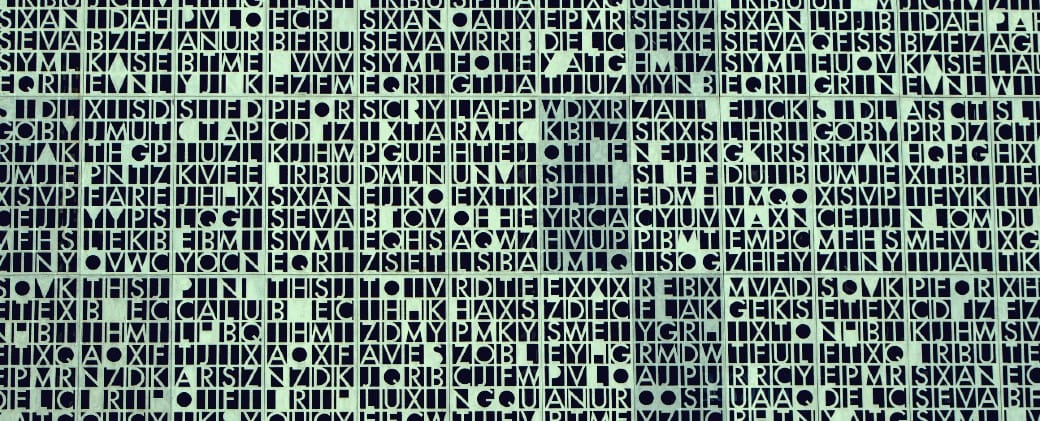OSL Skills course: Computational Literary Studies
Dates: April – June 2026 (Mondays) t.b.c.
Venue: University of Amsterdam (second part of the course will be online)
Organizer: Prof. Karina van Dalen-Oskam (UvA)
Credits: 3-6 ECs(assignment instructions will follow closer to the date of the event). NB: Credits can only be awarded to humanities ReMA and PhD students from Dutch universities
Open to: PhDs and ReMA students; OSL members have first access
Registration will open 17 November 2025, VIA THIS LINK.
The first part of the course explores the new horizons and possibilities as well as the limitations of computational approaches in literary studies. Several computational tools will be demonstrated such as concordance software that can be used for discourse analytical approaches and specialized R-scripts for authorship attribution and stylistic analysis. The questions to be addressed in the first four sessions of the seminar include: How can different authors be distinguished from each other using computational tools? In which ways do their writing styles exactly differ? What are the options for computer-assisted discourse analysis? What kinds of reasoning and logic play a role when computational tools are applied and what are their epistemological implications? How can we evaluate the results of the new methods and techniques? Each class, a new tool will be introduced and the students will learn the basics of their use hands-on. The second part of the course is optional and more practical. In two workshop-like hands-on meetings students will conduct small research projects of their own. In this way, they will learn to use the computational tools themselves and gain practical experience with their possibilities and limitations. The research projects can be devoted to the cases presented in the first part of the course but also be proposed by the students themselves.
More details will be announced soon.



